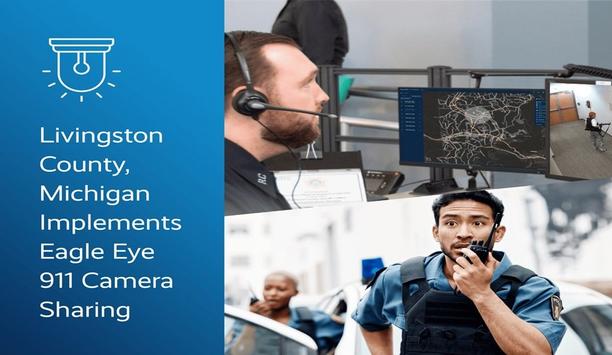 |
| The screening is done through the TSA's Secure Flight programme |
"Secure Flight fulfils a key recommendation of the of the 9/11 Commission Report, enabling TSA to screen passengers directly against government watch lists using passenger name, date of birth, and gender before a boarding pass is issued," said Secretary Napolitano. "This achievement significantly enhances one of our many layers of security - coordinated with our partners in the airline industry and governments around the world - that we leverage to protect the travelling public against threats of terrorism."
Before TSA began implementing Secure Flight, airlines held responsibility for checking passengers against terrorist watch lists |
U.S. airlines account for more than 90 percent of all travel to, from, and within the United States; with this achievement, Secure Flight will now cover all passengers aboard those flights.
"We are pleased to have been a part of this industry/government collaborative effort, working toward fulfilling this extraordinarily ambitious automation security programme," said Air Transport Association President and CEO James C. May. "By streamlining processes through a single government entity, Secure Flight is a win-win for passengers - streamlining check-in processes while enhancing security."
TSA began implementing Secure Flight in late 2009 and expects all international carriers with direct flights to the United States to begin using Secure Flight by the end of 2010.
Under Secure Flight, 99 percent of passengers are cleared to print boarding passes at home by providing their date of birth, gender and name (as it appears on the government ID) that they plan to use when travelling when booking airline tickets. Individuals found to match watch list parameters will be subjected to secondary screening, a law enforcement interview or prohibition from boarding an aircraft, depending on the specific case.
For more information, visit the Secure Flight website or the DHS website.


















